
Pit and Mound topography in Old Growth
hemlock/yellow birch forest by Sandy Lake
(Bedford, NS).
Comments on the proposed Old Growth Forest Policy submitted on Dec 8, 2021 on behalf of the Halifax Field Naturalists and the Nova Scotia Wild Flora Society
by
David Patriquin, Prof of Biology, Dalhousie University (retired), Member of the Conservation Committee of the Halifax Field Naturalists, Member of the Board of the Nova Scotia Wild Flora Society.
Context
A draft “Old-Growth Forest Policy for Nova Scotia” was released by the Nova Scotia government on Nov 9, 2021 with a general invitation to Nova Scotians to give their feedback on proposed updates to the policy by Dec 8, 2021.
The short version follows. Read the Full Submission
Comment 1: The draft Nova Scotia Old Growth Forest Policy is weak on conservation of old forest species
Recommendation 1: Define an Old Growth stand as follows
An Old Growth stand is any forest stand (polygon) or circumscribed area of 0.5 ha and greater with 20% or more of the basal area greater than or equal to 100 years of age.
Comment 2: The goal of including a minimum of 8% of Crown land in each ecodistrict in the Old Forest Policy Layer is arbitrary and insufficient to properly conserve Old Growth Forests and associated species dependent on old forests. Continue reading →
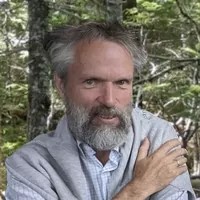 It is with great sadness that we announce the passing of Burkhard Plache, a long time member, board member and since 2017, President of the Halifax Field Naturalists.
It is with great sadness that we announce the passing of Burkhard Plache, a long time member, board member and since 2017, President of the Halifax Field Naturalists. 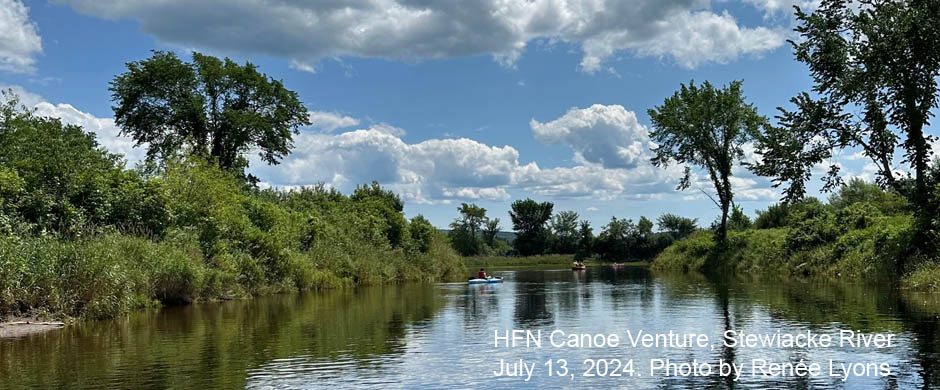


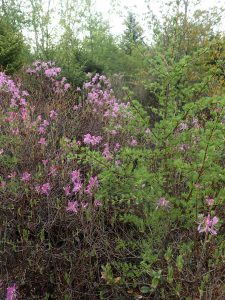

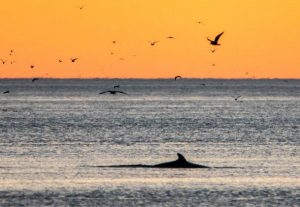

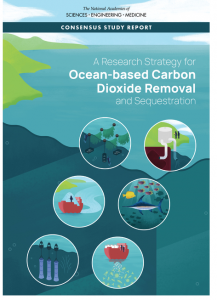 View
View
 It is with heavy hearts that we heard this past week of the passing of Bob McDonald.
It is with heavy hearts that we heard this past week of the passing of Bob McDonald.